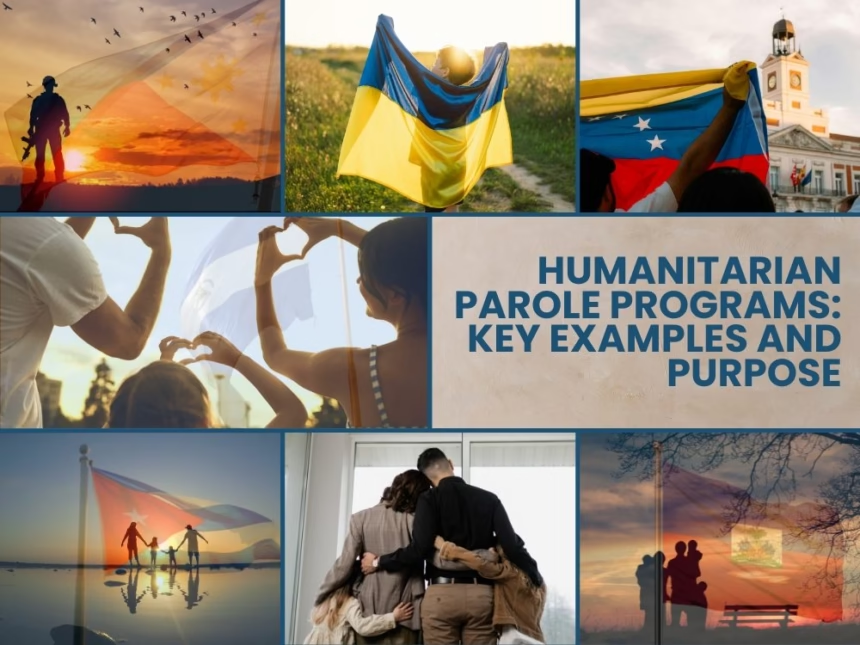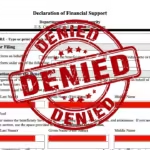A major setback for beneficiaries of the parole program, better known as the Biden Program.
The United States Supreme Court has authorized the Trump administration to proceed with the deportation of more than half a million nationals from Cuba, Haiti, Nicaragua, and Venezuela, according to ABC News.
These individuals, who until now had been granted temporary humanitarian protection, now face imminent removal.
The high court suspended a previous federal court ruling that had blocked the measure, without providing any explanation for its reversal, ABC News reported.
This allows Donald Trump’s executive branch to implement a policy affecting more than 530,000 individuals—without waiting for the outcome of ongoing legal appeals.
The highly conservative Supreme Court did not even wait for the appeals court to rule on the lower court’s decision.
In March, the Department of Homeland Security (DHS) canceled temporary residence permits that had been granted under the Biden administration.
The department gave recipients a 30-day deadline to leave the country, unless they had another legal status.
According to the administration, this move is part of a broader immigration reform effort aimed at reducing abuse of the humanitarian system.
However, several immigrant rights organizations quickly responded by filing lawsuits.
They argue that the law does not allow for a blanket removal of protections, but only for case-by-case decisions.
A district court agreed with them, ruling that the DHS had exceeded its discretionary powers.
The Supreme Court did not rule on the merits of the case, but its decision clears the way for the immediate implementation of the measure.
Two justices strongly opposed the decision: Ketanji Brown Jackson and Sonia Sotomayor.
In her dissenting opinion, Justice Jackson denounced a disregard for the human consequences of the policy. She wrote, “The majority underestimates the devastating consequences of allowing the government to upend the lives of nearly half a million noncitizens while their legal challenges remain pending,” according to ABC News.
She added: “Even if the government were to ultimately prevail, our judicial system takes time. The criteria for a stay demand more than a mere hope of success.”
She concluded that the government’s showing of harm was insufficient to justify such a decision.
This case is part of a broader immigration crackdown led by President Trump since his return to office.
Earlier this month, the Supreme Court had already approved the termination of Temporary Protected Status (TPS) for approximately 350,000 Venezuelans, also subjecting them to potential deportation.
At the same time, the administration has faced criticism for what is seen as unequal treatment of asylum seekers.
While entry from countries like Haiti or Afghanistan is being restricted, refugees from South Africa—particularly white farmers—have recently been admitted, under the pretext of an alleged “genocide,” a claim that South Africa’s president publicly rejected during a meeting at the White House.
As legal challenges continue, hundreds of thousands of individuals now face uncertainty, many having lived in the U.S. for several years, often with American-born children.
The Supreme Court’s decision could significantly reshape the landscape of humanitarian and immigration law in the United States.
More than 320,000 Haitians have been admitted to the U.S. under the parole program, which includes about 520,000 people from Cuba, Nicaragua, Haiti, and Venezuela who were allowed in under the Biden administration.
It is important to note that the vast majority of CHNV program beneficiaries also hold another status, including Temporary Protected Status (TPS)—which is now being targeted by the Trump administration, which has already revoked TPS for Venezuelans with Supreme Court approval.







